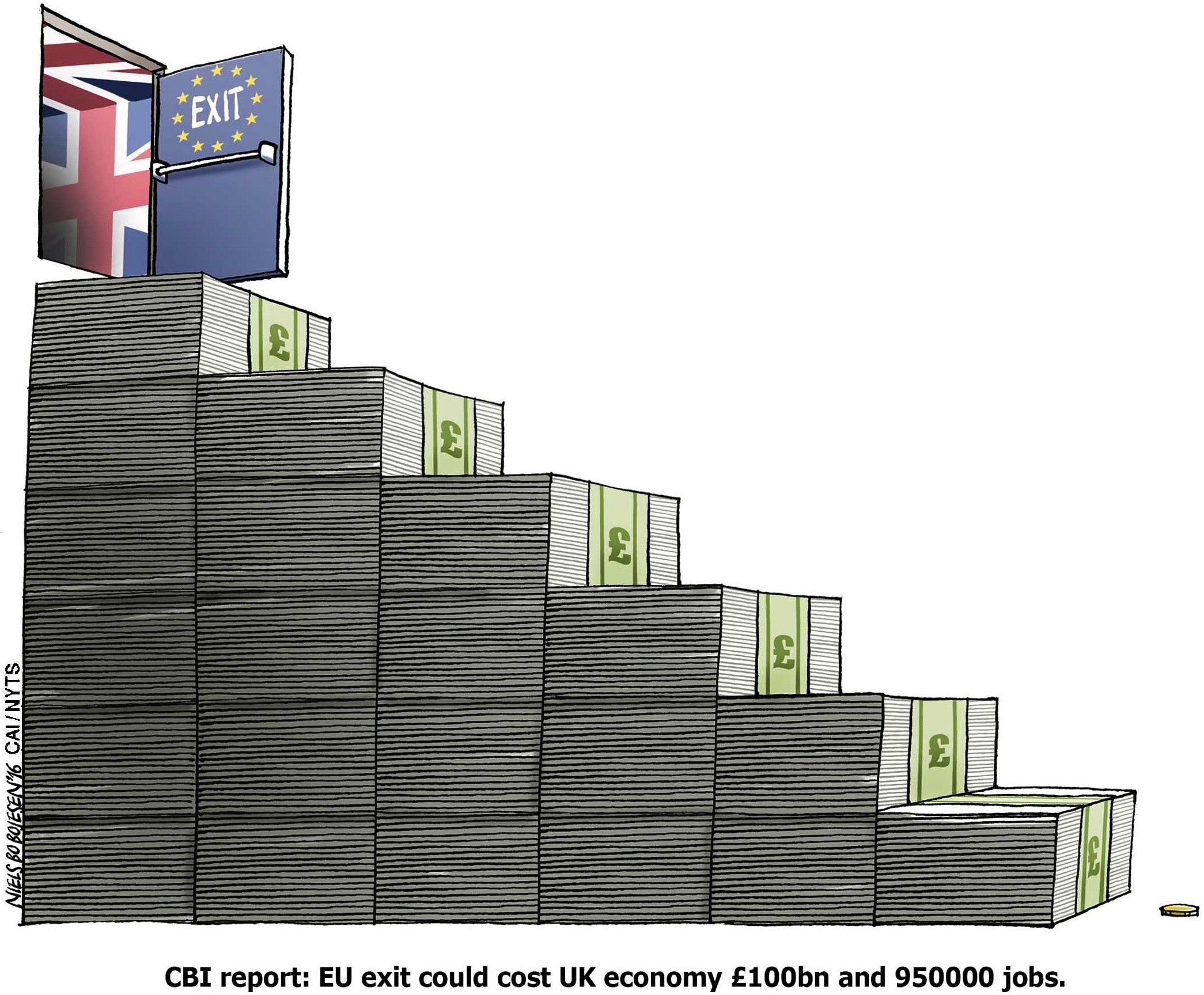When voters in the United Kingdom go to the polls on June 23 to decide whether their country should leave the European Union, the issues they will have to reckon with will include the impact of their decision on unemployment, trade flows and the stability of financial markets. But there are other less quantifiable considerations that must also be weighed in the balance.
The economic arguments against a British exit from the EU — or "Brexit" — have been well rehearsed. Many have suggested that if the U.K. were to leave, manufacturers would secure continued access to the European market by fleeing across the English Channel, costing the country millions of jobs. Similarly, withdrawal from the EU risks undermining London's position as a global financial center, which depends on the city's integration into European markets. Trade agreements, too, would have to be renegotiated in the wake of a Brexit.
Another area of concern for many voters regards the U.K.'s sovereignty — the idea that independent countries should have ultimate decision-making authority over what happens within their borders. Membership in the EU sometimes requires ceding control to a complex web of often-inefficient Brussels-based supranational institutions.



